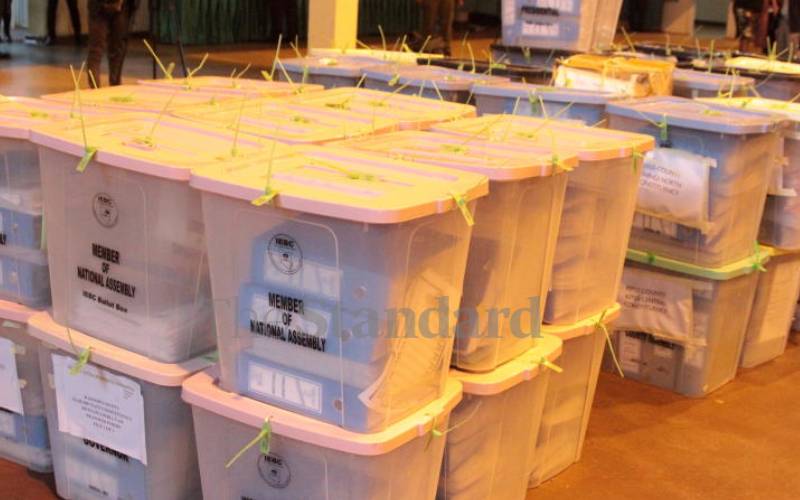×
The Standard e-Paper
Kenya’s Boldest Voice

Independent candidates in western Kenya are holding on to hope that the electorate will rise above party politics and vote them in.
Complicating matters for the independent candidates are calls by some political leaders to their supporters to vote six-piece.